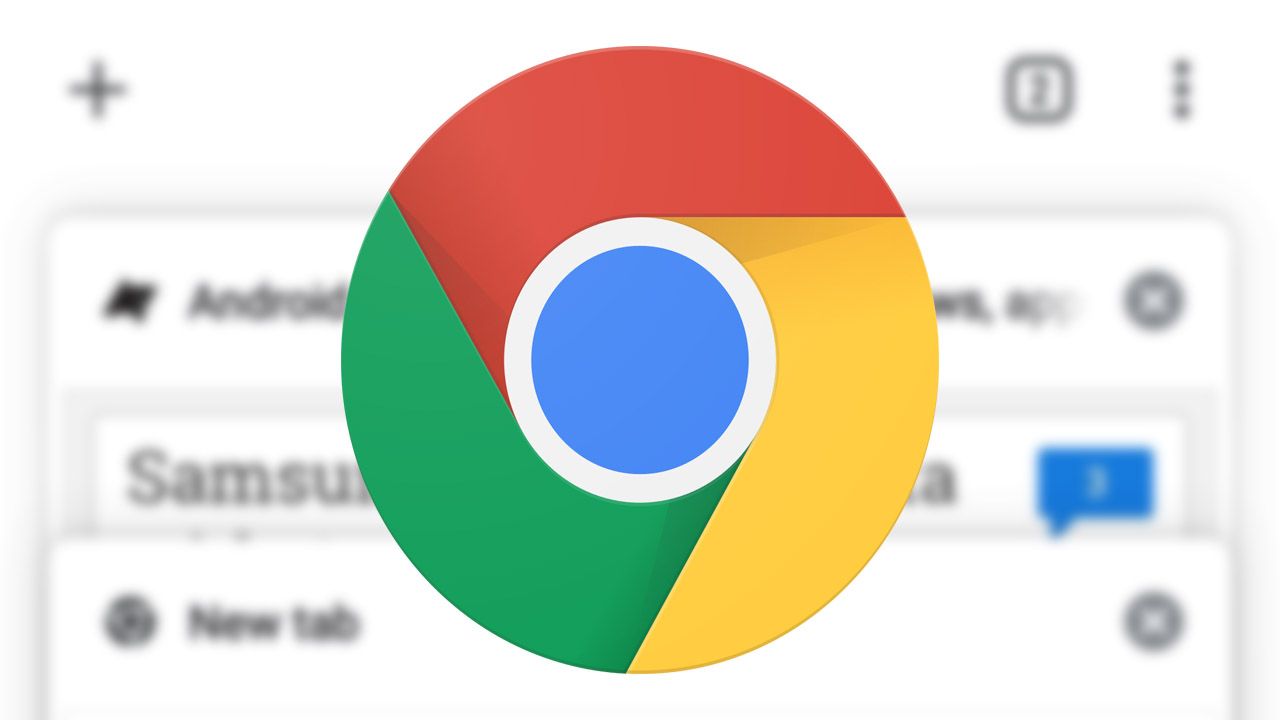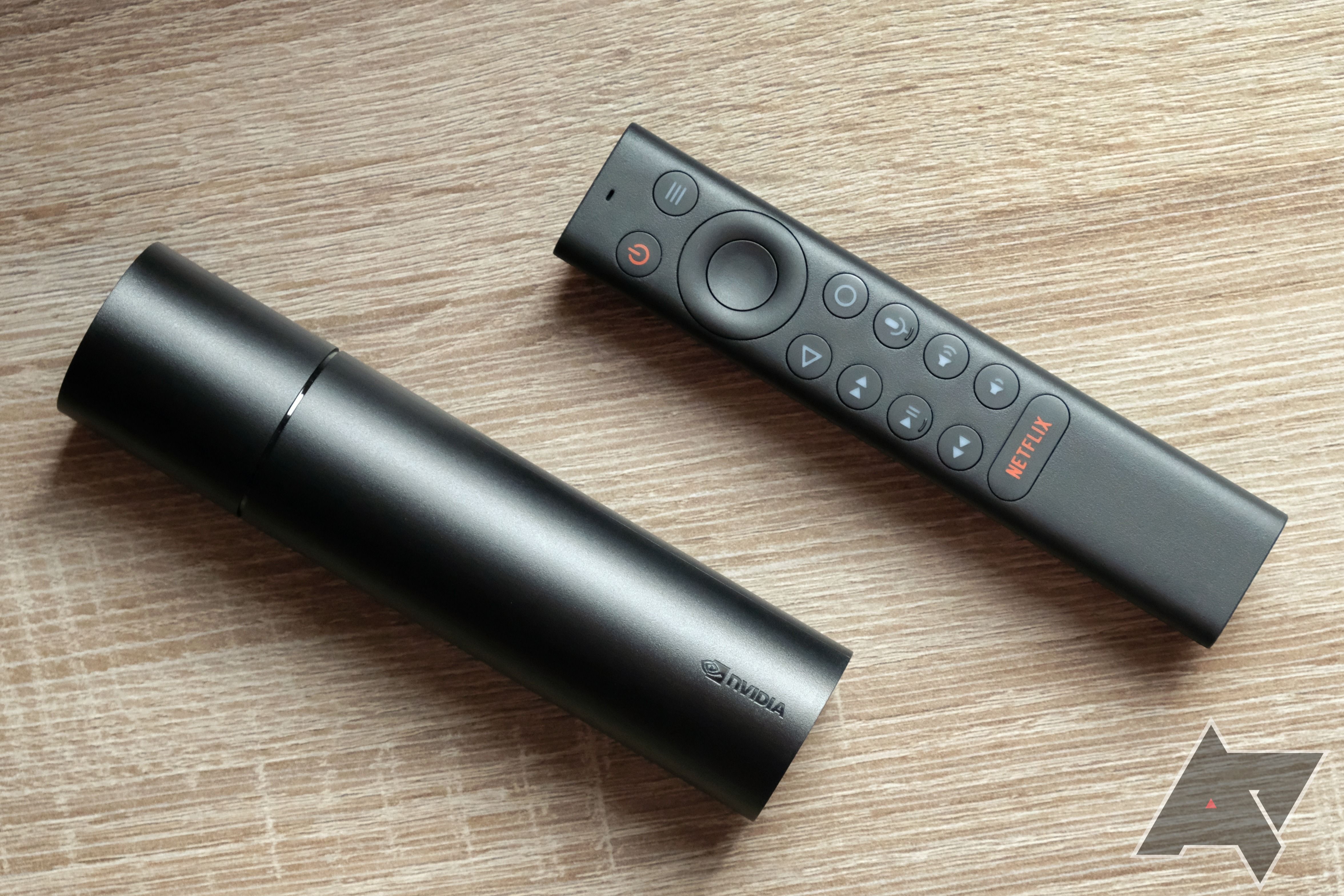latest

These Android devices are eligible for 64-bit Chrome
Finally, some clarity on which phones will get the better performing version of Chrome
Last year, we reported that Google Chrome for Android was finally going 64 bit, but it turns out that things were a bit more complicated than we thought. While we initially thought all devices running Android 10 or higher were receiving the 64-bit version, it soon became clear that some more limitations were involved. Following the release of Chrome 89, Google has finally explained what's going on. To receive the 64-bit variant automatically, you need to run a phone with Android 10 or higher with at least 8GB of RAM.

Chrome 84 was released a little over a month ago, and now Chrome 85 has graduated to the Beta Channel. This release mostly focuses on under-the-hood features and new APIs for developers to use, but there are still a few interesting changes worth noting. Let's take a look!

Chrome for Android is finally going 64-bit, giving it a speed boost in benchmarks
Look at him, all grown up
The first Android version to support 64-bit architecture was Android 5.0 Lollipop, introduced back in November 2014. Since then, more and more 64-bit processors shipped, and today, virtually all Android devices are capable of running 64-bit software (excluding one or two or more oddballs). However, Google Chrome has never made the jump and is only available in a 32-bit flavor, potentially leading to some unnecessary security and performance degradations. That's finally changing: Starting with Chrome 85, phones running Android 10 and higher will automatically receive a 64-bit version.

Late last year, Nvidia released a pair of new Shield TV devices: the tube-shaped Shield TV dongle, and the more traditional Shield TV Pro. It was later discovered that the dongle ran a 32-bit version of Android TV, which caused some to worry about incompatible apps, but you (probably) have nothing to worry about.

16 years after the first 64-bit x86 processor was released, the PC industry has been taking steps to move away from the older 32-bit architecture. Many popular games and applications are dropping support for 32-bit processors, and Google announced today that 32-bit machines will soon no longer receive Android Studio updates.

Yesterday John Wu, the prolific developer behind the go-to Android root solution Magisk, released the public beta of Magisk version 19. The full changelog is available on XDA, with a more verbose version on the project's Github, but in short, v19 delivers a new module installation method, imageless support for modules, a return of native 64-bit support, a new MagiskHide system, and support for Android Q Beta 1.

While Apple phased out 32-bit apps on iOS over a year ago, Google has been taking its time — likely because there are still many 32-bit Android phones and tablets still in use. Google announced in December 2017 that 32-bit apps would eventually be phased out on 64-bit devices, and now the company has provided specific dates for the process.

The Nexus 6 had a lot of fine qualities, but the sluggish storage performance was a disappointment. This was mostly due to the automatic device encryption, which was managed by software rather than hardware. In today's Reddit AMA, the Nexus team was asked about encryption support in the Nexus 5X and 6P. VP of Engineering Dave Burke responded, saying it's still software-based, but it should be even faster than hardware encryption this time.

If the names Jide Tech and Remix sound oddly familiar to you, it's because we've previously talked about the Chinese company's Kickstarter project for an 11.6" Android tablet with a full keyboard and multi-window support (an Android Surface essentially) that was going for $39 in its Early Bird pledges. After the success of that campaign, Jide appears to have hit a rough patch with its delivery courier but most users seem to have finally received their tablets and are quite happy using them, as the project's comment section shows.

Qualcomm's 64-bit flagship part is the Snapdragon 810, but not all devices will need that kind of power. That's why the company is extending its new designs down to the mid-range with updated Snapdragon 600 and 400 series chips. There are a total of four new chips—the 620, 618, 425, and 415.

Odds are good that any Android devices you have around are running on ARM technology. The ARM architecture powers virtually all systems-on-a-chip (SoCs), with Intel x86 parts coming in a distant second. ARM doesn't actually make the chips, but it creates the reference designs and instruction set, then licenses the IP. Today the company is announcing some new designs and process refinements for other companies to license.

Lenovo might own Motorola now, but the company is still doing its own thing when it comes to mobile devices. There are a pair of new Android phones today, as well as a wearable and a completely self-indulgent accessory—a selfie flash. Your life is complete now, right?

It's been a long wait for the Nexus 9. Of course, that's partially our fault for leaking the device's existence back in June. Since that time, we've seen rumored accessories, accidental confirmation, a trip to the FCC, and even a quick photo of the back of the device, but today it's finally really official.

Back in June, Google announced Android was destined to gain 64-bit support in the coming L release. A few weeks later, Revision 10 of the Native Development Kit (NDK) was posted with support for the three 64-bit architectures that would be able to run the new version of Android: arm64-v8a, x86_64, and mips64. As we close in on the official release of Android L, Google has updated the NDK to revision 10b and added an emulator image developers can use to prepare their apps to run on devices built with Intel's 64-bit chips.

HTC's Desire family is the brand that just won't stop, having survived not one but two company-wide product refreshes. And strangely, it looks like it will also host the first HTC device to come with a 64-bit processor. The Desire 510 is a low-end phone aimed at bargain hunters and pay-as-you-go wireless users, but its inclusion of Qualcomm's Snapdragon 410 system on a chip makes its otherwise lackluster specifications notable.

Look, we get it - MediaTek isn't the first name you want to hear when it comes to innovative new SoCs. The company doesn't have the best reputation when it comes to releasing source code, which is a huge no-no in the Android world. But still, this is probably worth talking about, because it's pretty neat.

Following up on the announcement of the MT6595 (which will implement ARM's Cortex A17 announced earlier this month), MediaTek has announced the upcoming MT6732 SOC, targeted at what MediaTek is calling a new "super-mid market," aimed at providing a combination of cost efficiency and performance. The SOC consists of a 64-bit, quad-core, 1.5GHz ARM Cortex A53 cluster and a "next-generation" Mali T760 GPU. MediaTek boasts that the arrangement supports low-power 1080p playback with the fledgling H.265 codec, Category 4 LTE, and plenty more. Here's the full breakdown (from MediaTek):

New phones and tablets aren't the only thing that Samsung will unveil in Barcelona. A recent Twitter post indicates that the company will reveal a new line of Exynos mobile processors, cryptically titled "Exynos Infinity." The post from the official Exynos account omitted any other details, but a debut during the Samsung Unpacked event on February 24th (concurrent with, but technically distinct from, Mobile World Congress) is a safe bet.

Nvidia is having its traditional CES press event and has taken the opportunity to reveal some details on its next generation Tegra chip. Nvidia has talked about its mobile plans a little in general terms recently, but now we have a name and some specs to go on. The successor to Tegra 4 will be called the Tegra K1 and it comes in two different versions.








